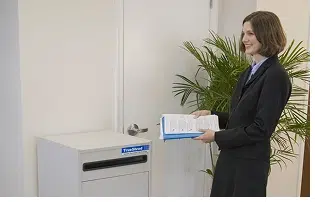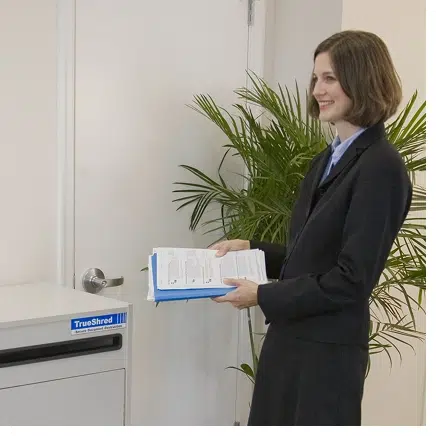Contact Us Today





When you work with TrueShred, you can rest assured that we’ll deliver an exceptional service experience from start to finish: